selected item

From plastic waste to valuable - goods going circular with ExxtendTM
Our shipment was delivered to Berry Global, a world-leader in innovative packaging and engineered products that is headquartered in Evansville, Indiana, a hub of American manufacturing. There, these certified circular plastics will become food grade containers.
All of this was made possible by ExxtendTM technology, which enables our high-performance plastics to go circular while meeting the stringent health and safety requirements of critical food contact and medical applications. With ExxtendTM, we can help create a more circular world.
This is why we have plans to build around 1 billion pounds of annual advanced recycling capacity by year-end 2026, a pivotal part of our commitment to help society reduce the wasteful littering, landfilling, and incineration of plastic waste.


This thought inspired us to help launch action-oriented initiatives like the Houston Recycling Collaboration, an industry collaboration with the City of Houston aiming to transform America’s fourth largest municipality into a leading circularity hub.
We also support the need for sound government policy, including enhanced recycling standards that fully recognize and embrace the importance of new technologies like advanced recycling. In the U.S., our industry has outlined five specific actions policy-makers can take to support a more circular economy for plastics.
By working together – industry, governments, communities and consumers — we can build a better system, recycle more plastic and lower GHG emissions, all while enjoying the critical benefits that plastics provide in our everyday lives.

Explore more
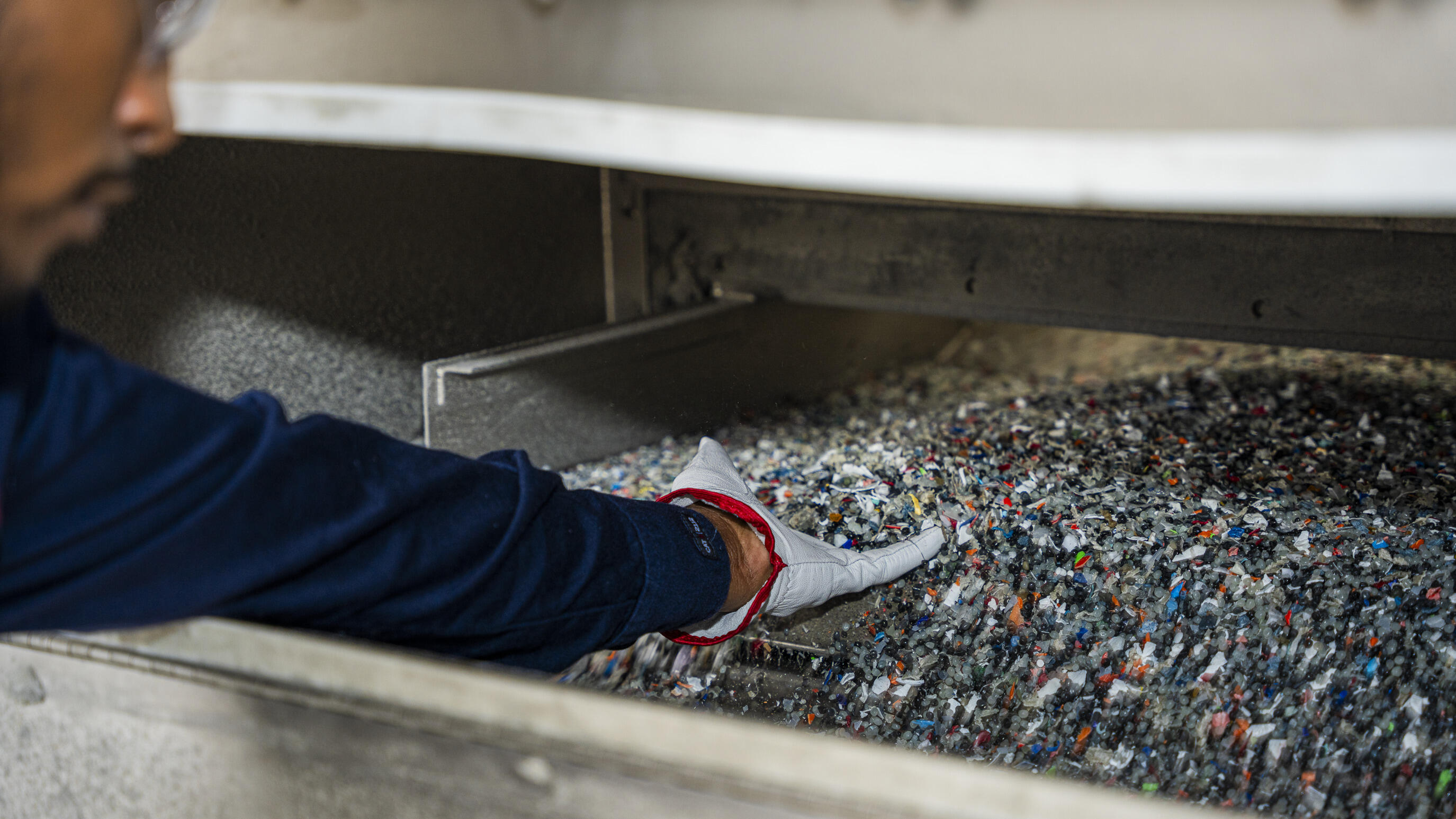
Baytown becoming one of the largest advanced recycling operations in the world
2 min read
•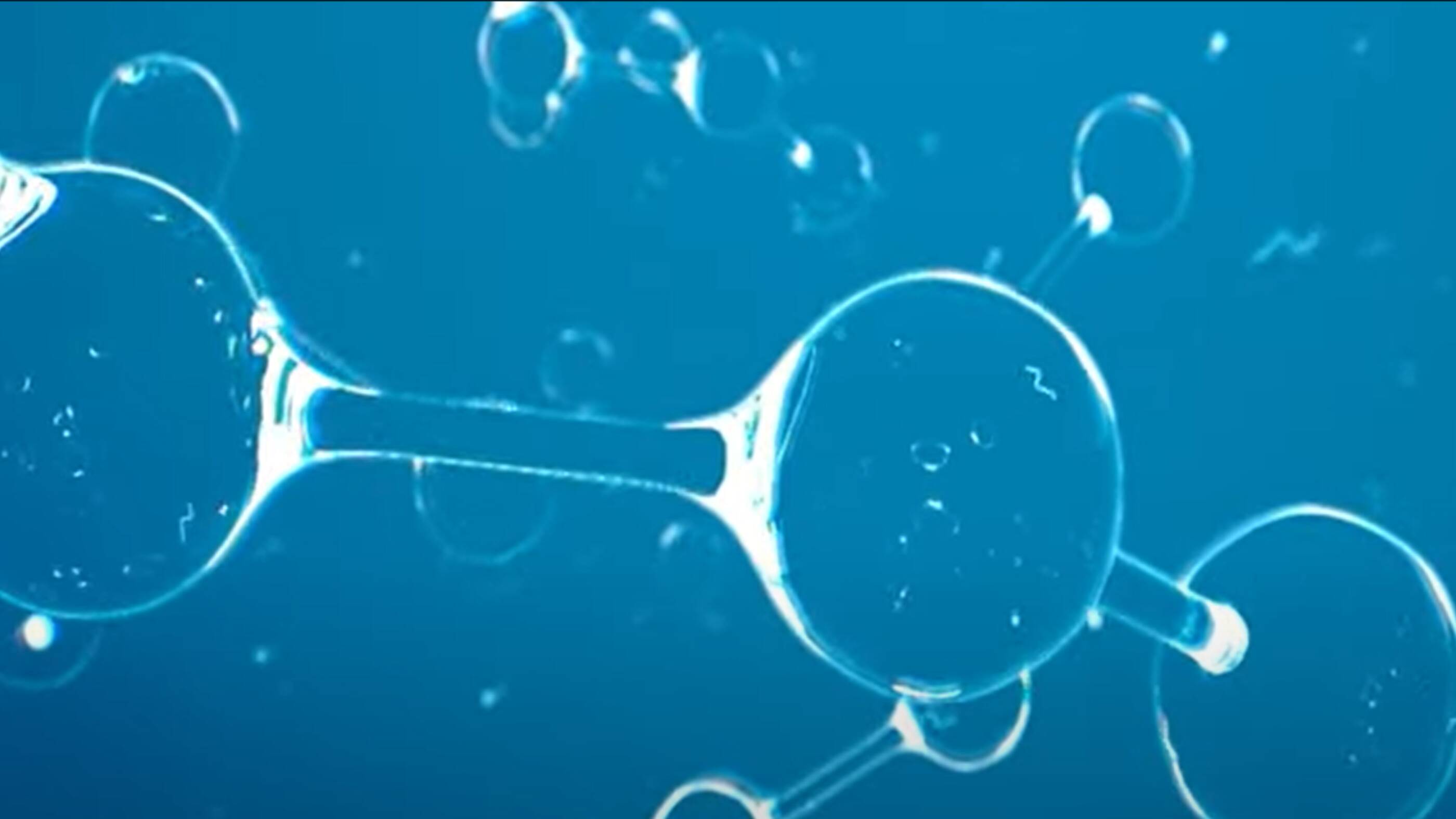
New research shows how popular plastic packaging compares to alternative materials
3 min read
•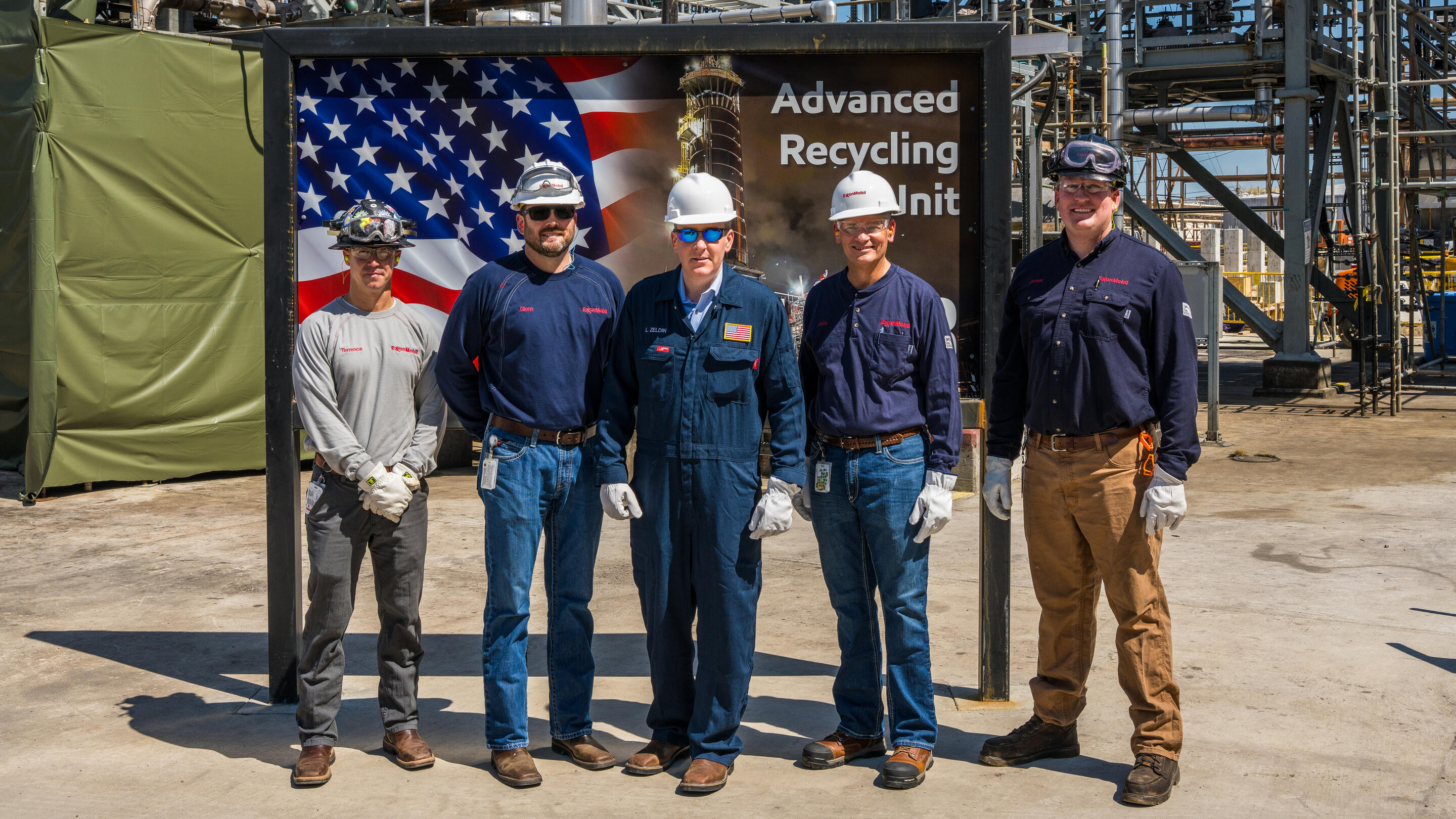
EPA Administrator Lee Zeldin tours our advanced recycling operations in Baytown
2 min read
•
We’re increasing our advanced recycling capacity to 500 million pounds annually—equivalent to nearly 25 Eiffel Towers!
2 min read
•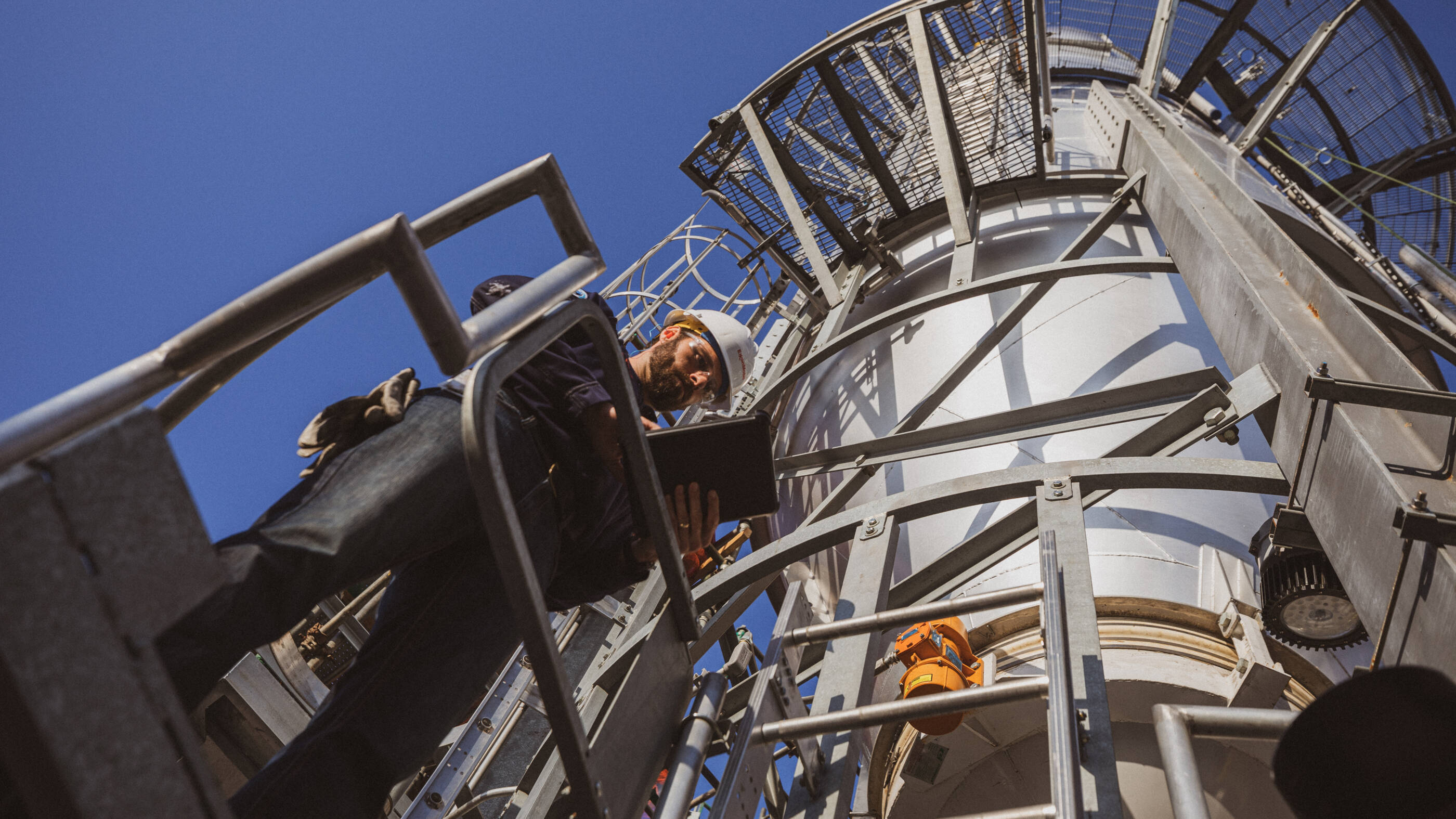
ExxonMobil to expand advanced recycling capacity
4 min read
•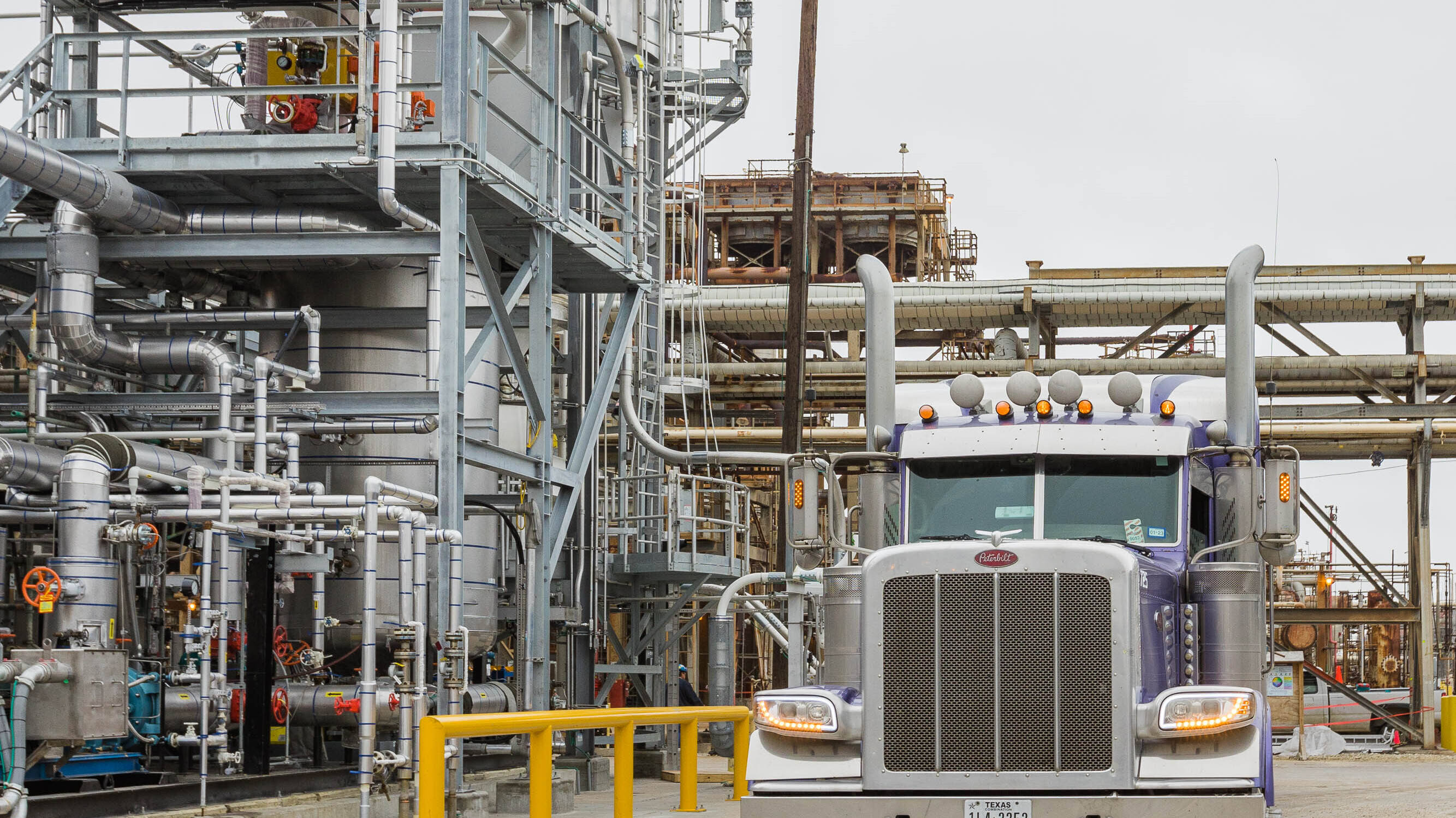
Doubling down on advanced recycling in Baytown
2 min read
•